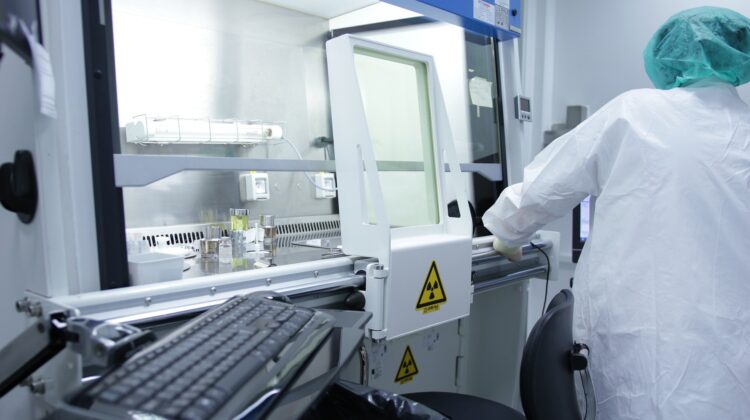
Critical care unit (CCU) noise may put patients at risk of sleep problems
The study, by M Topf and M Bookman at the University of Colorado Health Sciences Center, says that technological advances in CCUs are contributing to this problem and that the results provide support for the hypothesis that critical care unit sound levels impact sleep negatively.
Although data on the negative effects of CCU noise on physiological sleep are available, less attention has been given to self-reports of the subjective quality of sleep following exposure to this stressor. This study hypothesized that subjects exposed to CCU sound levels would report poorer subjective sleep than subjects in a quieter environment. Sixty female subjects, attempting to sleep overnight in a laboratory, were randomly assigned to an experimental group, where they heard an audiotape recording of critical care sounds throughout the night, or to a quiet group where the audiotape recording of CCU sounds was withheld.
Sleep assessment
A self-rating questionnaire was used to assess subjective sleep. The noise condition subjects reported taking longer to fall asleep, less time sleeping, more awakenings, poorer quality of sleep compared to home. As well as fewer positive and more negative adjectives descriptive of sleep. Self-reports of the time spent sleeping and the number of negative adjectives descriptive of sleep yielded the greatest number of significant correlations with scores for the other measures of sleep. Thus indicating that these measures may be more accurate.
subjects reported taking longer to fall asleep, less time sleeping, more awakenings, and poorer quality of sleep compared to home
Data on the quality of dreams yielded no difference between groups. The results provide support for the hypothesis that critical care sound levels impact subjective sleep negatively. It was recommended, now that CCU sound levels were isolated in the laboratory as a potential stressor, that future research should attempt to replicate this study in a hospital CCU.

